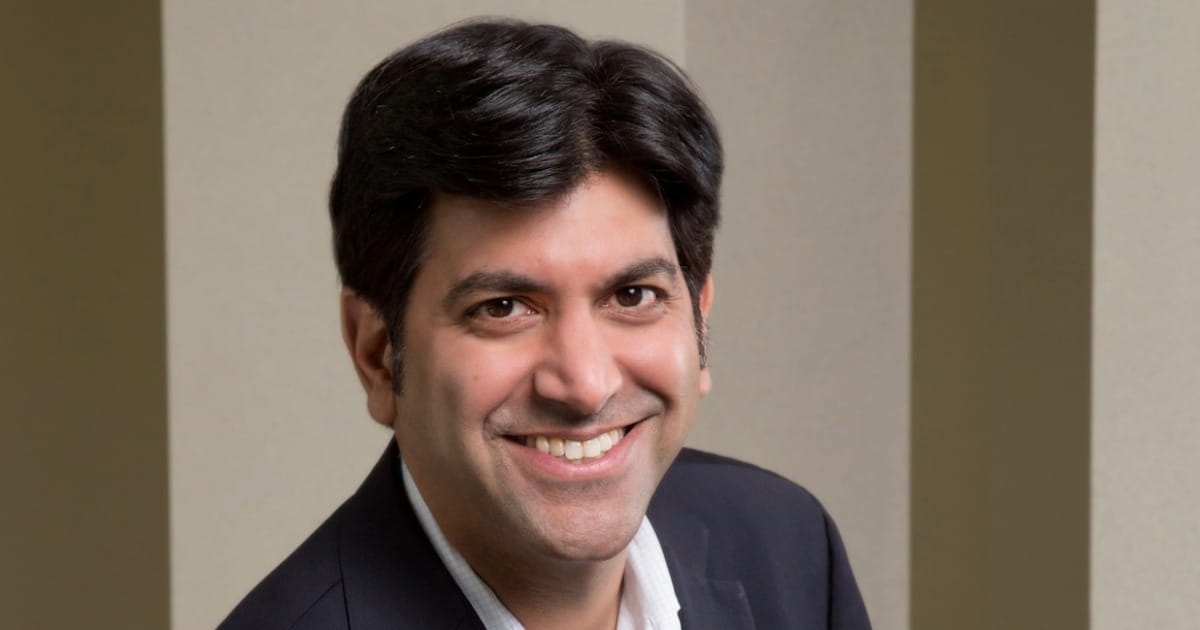
Photo: monkeybusinessimages/Getty Images
Tech giant Microsoft is announcing new healthcare-focused AI offerings that leverage ambient and generative technologies alongside expanded partnerships with digital health companies for patients and providers, including the financial sector of healthcare organizations.
The company is expanding its AI-enabled clinical assistance offering, Dragon Copilot, to include a commercially available ambient experience focused on nursing workflows.
Microsoft's partners' AI apps and agents will be able to be integrated into Dragon Copilot.
The tech giant noted that its partners include health education company Elsevier; OpenEvidence, an AI-enabled medical research aggregation platform for doctors; Wolters Kluwer UpToDate; Atropos Health, a real-world data company; Canary Speech, a vocal biomarker analysis platform; and Pangaea Data, a company focused on detecting hard-to-diagnose diseases in patients.
The company also partners with revenue cycle management and prior authorization companies, including Ensemble, Regard, Cohere Health, Humata Health and Rhyme.
Precision care economics company RhythmX AI and patient engagement company Press Ganey are also Microsoft partners.
In addition, Artisight and hellocare.ai will examine how voice and other data from clinical interactions in smart hospitals and through virtual care platforms can result in documentation aligned with Dragon Copilot workflows.
"By enabling our customers to extend ambient capabilities across clinical staff and connect their preferred third-party AI apps and agents, we are accelerating the value of their investments across care settings and use cases," Mary Varghese Presti, CVP and chief operating officer at Microsoft Health and Life Sciences, said in a statement.
THE LARGER TREND
Several digital health companies Microsoft partners with have made news this year.
In July, OpenEvidence raised $210 million in Series B funding, boosting its valuation to $3.5 billion. Just five months earlier, it closed a Series A funding round, bringing its valuation to $1 billion and its total raise to more than $100 million.
OpenEvidence offers a free medical information platform with an AI-enabled medical copilot for doctors in the U.S. It aggregates and synthesizes clinical evidence to help doctors make more evidence-based decisions.
Earlier this week, OpenEvidence announced a long-term partnership with Veeva Systems, a cloud provider for life sciences companies.
The partners will co-develop a platform dubbed Open Vista that will use AI to help improve patient access to clinical trials, speed up drug discovery and boost the use of approved medications among patients.
Meanwhile, Palo Alto, California-based Atropos Health, which translates real-world clinical data into real-world evidence, announced numerous partnerships in 2025.
In August, Atropos partnered with pharmaceutical giant Novartis to help identify individuals with the rare disease paroxysmal nocturnal hemoglobinuria (PNH) who have not yet been diagnosed.
In June, the company announced a collaboration with data intelligence and AI provider Databricks and in April formed a strategic partnership with Ontada, a McKesson business involved in community oncology.
Atropos Health and academic health system Emory Healthcare announced their partnership in February, and in January, the company announced it would work with pharma giant Merck and AI-powered healthcare data retrieval company xCures.
In April, Florida-based hellocare.ai secured $47 million in an oversubscribed funding growth round.
The company provides a virtual care platform for smart hospitals, including AI-assisted virtual nursing, telehealth and virtual care, AI-enabled virtual sitting that observes patients in up to 32 rooms 24/7 on a single remote clinician's monitor, workflow management assistance, remote patient monitoring and hospital-at-home services.


